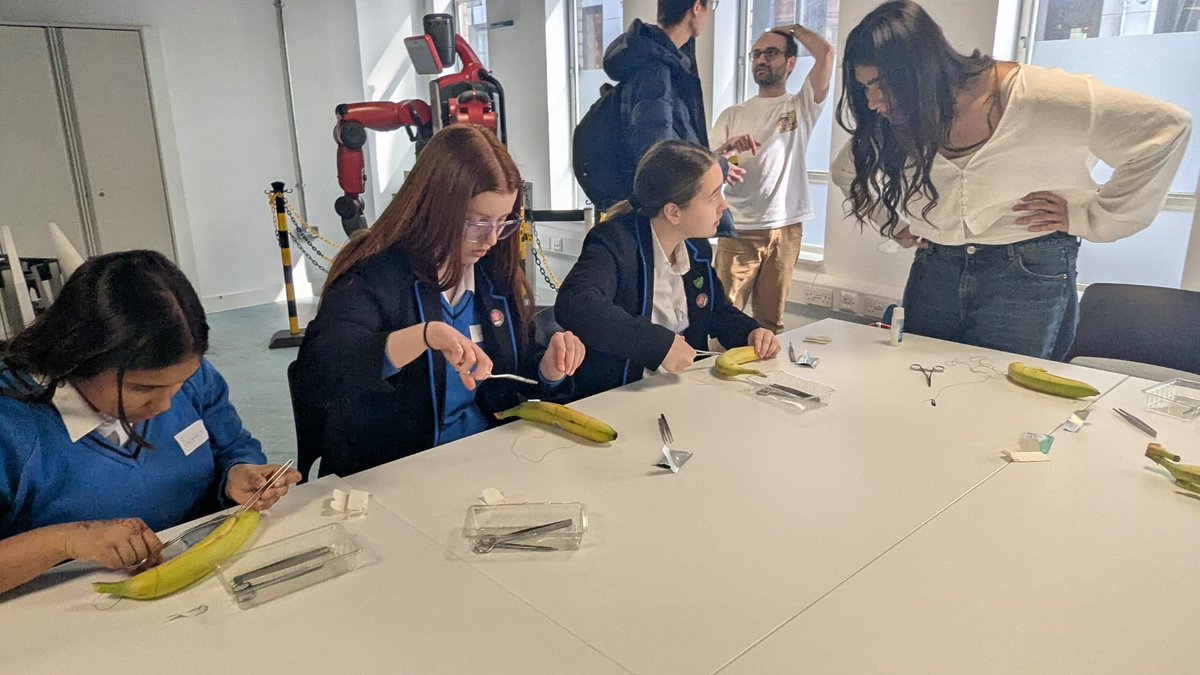Latest News
Posted on July 20th 2016
Psychology Students Deepen Their Understanding of Mental Illness
 Year 12 psychology students recently watched the play Blue/Orange at Southwark Theatre and visited the Bethlem Museum of the Mind (pictured) to deepen their understanding of how mental illness is perceived and how it has been treated over the centuries.
Year 12 psychology students recently watched the play Blue/Orange at Southwark Theatre and visited the Bethlem Museum of the Mind (pictured) to deepen their understanding of how mental illness is perceived and how it has been treated over the centuries.
Blue/Orange at Southwark Theatre
Blue/Orange, by Joe Penhall, looks at the conflict between different approaches to treating people with mental health problems and the difficulties of psychiatric care.
Two psychiatrists argue over whether their young patient, Chris, should be released from a psychiatric hospital having been sectioned under the Mental Health Act.
Year 12 psychology students saw topics that they have covered in class, such as schizophrenia, brought to life in a highly charged and engaging performance.
It raised challenging questions about the power of the ‘expert’ psychiatrists and whether their judgement was clouded by racial stereotypes and cultural misunderstanding.
The play also explores the line between sanity and insanity, with the behaviour of the two psychiatrists themselves at times appearing bizarre and extreme.
The theatre was designed to look like an NHS facility, complete with blue lino flooring and heavy, municipal furniture. The title of the play, Blue/Orange, refers to a poem by the same name by the realist poet Paul Eluard and is the central image in the play, creating a metaphor for the contradictions and absurdities of two opposing mental health diagnoses.
The trip provided an opportunity to place material from the course in a broader context and also introduced the girls to Southwark Theatre and its exciting programme of new writing, to which we hope they will return.
Bethlem Museum of the Mind
Year 12 Psychology students also learned about the lived experience of mental illness and the history of treatment when they visited the Bethlem Museum of the Mind.
The Bethlem Royal Hospital, which came to be known as ‘Bedlam’, was founded in 1247 and was the first institution in the UK to specialise in the care of people with a mental illness. The museum now holds a collection of archives, art and historic objects which provide valuable insight into the history of mental healthcare and treatment.
Students engaged with works of art produced by people who have experienced mental health problems as well as the haunting ‘before and after’ photos of patients to the Royal Bethlem Hospital taken by Henry Hering in the mid-19th Century.
Students also explored the different treatments that have been used over the centuries, moving from padded cells and heavy-duty restraint equipment to drugs and talking therapies. They engaged in discussion around the difficult decision to section someone against their will to a period in a psychiatric hospital in an interactive display that focused on a patient with severe anorexia.
Students left the museum with new insight into the history and treatment of mental illness. The museum’s setting in the heart of a working mental health hospital made it clear that the debate on how best to support people with mental health problems is still very current and real.
Laura Edwards, Head of Psychology






















